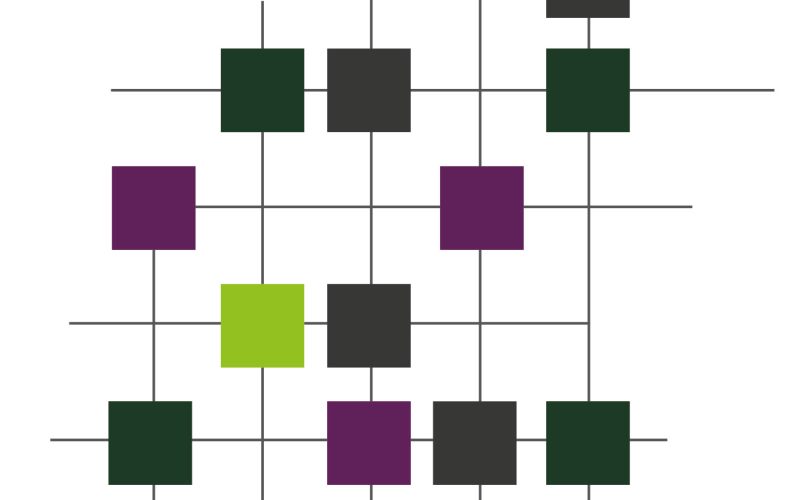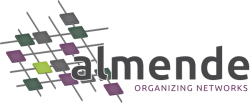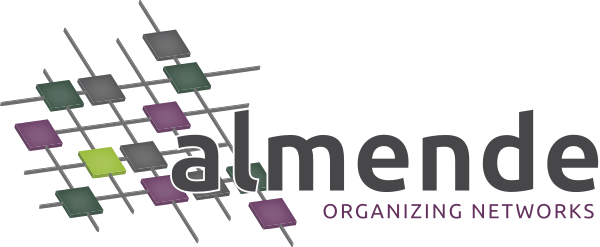ROD 2.0


Rotterdam Open Data 2.0
Duration: 10/2011 – 10/2012 Funding: Rotterdam Media Commission
Partners: Gemeente Rotterdam, Hogeschool Rotterdam, Rotterdam Community Solutions, Sense Observation Systems
ROD 2.0
Rotterdam Open Data (ROD) is a local initiative that aims to make governmental and municipal data publicly available and accessible to everyone. The initiators of ROD believe that individuals and (creative) enterprises can benefit greatly from public data on topics such as health, infrastructure, mobility, safety.
The main tool of ROD is the Rotterdam Open Data Store, a ‘content hub’ where data is collected and made available. Students, researchers and businesses are encouraged to use open data to develop innovative applications and services.
ROD 2.0 was the next step in this mission to disclose useful (non-private) information. The project aims to make the Data Store more interactive and complete by including user-generated content. At the time, the Data Store was only fed by governmental sources. An interactive two-way flow of information would greatly enhance the value of the data.
A second point of attention within the project was improving cooperation between municipality, business, research and education. ROD not only makes municipal data available to the latter three groups, but also encouraged parties to learn from each other.
Contribution
Merely making open data available is not enough, the data needs to be accessible. Almende focused on visualizing large amounts of data in such a way that people can interpret and use them. Furthermore, the CommonSense platform which was developed by Almende's subsidiary Sense Observation Systems, was used to enrich the data. In CommonSense, data from various feeds can be combined to learn to interpret states of the world. These states can then be used for any kind of user application.
Results
The project provided a way for us to leverage self-organization through open data. By making data publicly available, citizens and decision makers are empowered to do their own analyses and make better decisions. Furthermore, the use of the CommonSense platform also allowed us to learn how to integrate our own data sources and platforms in an open ecosystem.
More info?
Need specific information regarding the project? Please contact our senior consultant for more information.



